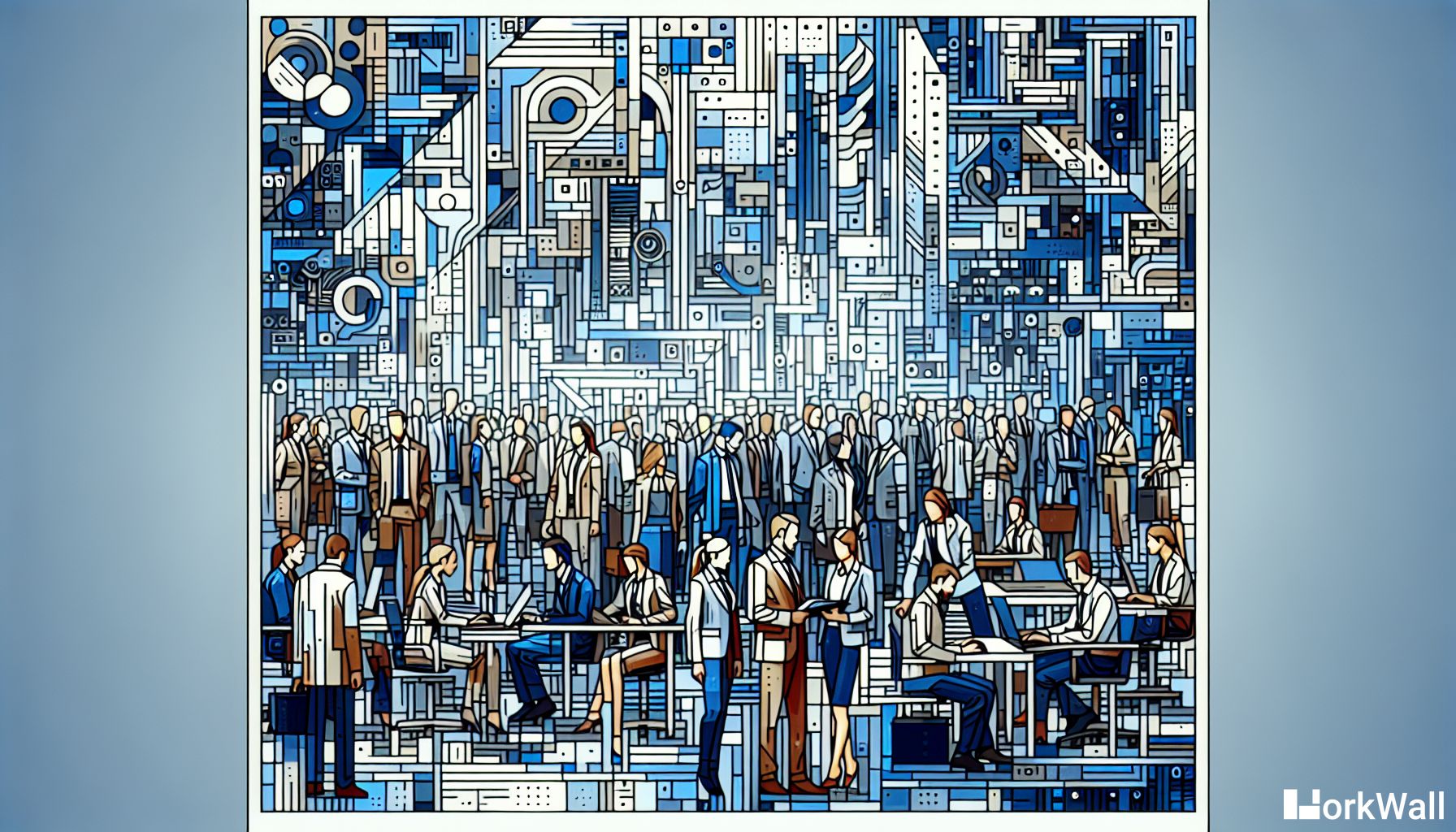Welcome to today's exploration of a cutting-edge technology that's transforming the logistics landscape: blockchain. We'll dive into how blockchain technology enhances supply chain resilience, boosting transparency, efficiency, and security. With a rapidly evolving market and the ever-increasing need for robust supply chain systems, understanding blockchain's role is now more vital than ever. Let's uncover the layers of this technology and how it's reshaping supply chain management.
Understanding Blockchain’s Basics
Before we delve into the specifics, let’s quickly recap what blockchain is. At its simplest, blockchain is a distributed ledger technology where transactions are recorded with an immutable cryptographic signature called a hash. This means that once a transaction is recorded on the blockchain, it cannot be changed, thereby offering a high level of security. Think of it as a high-security digital ledger for keeping record of every transaction.
Transparency: Seeing into Every Corner
From a developer's perspective, the introduction of transparency through blockchain is akin to turning on a floodlight over the murky waters of traditional supply chain processes. Each transaction or movement is recorded on a decentralized ledger, accessible by all parties within the chain.
- Real-time Tracking: Blockchain enables real-time tracking of product movements from the manufacturer to the end user, eliminating blind spots.
- Reduction in Counterfeits: Due to the secure and transparent nature of blockchain, the chances of counterfeit goods entering the supply chain are significantly minimized.
Supply chain managers can witness a notable shift from the concealed processes to a more transparent system, allowing for precise, real-time insights, which is crucial for making enlightened decisions.
Efficiency: Streamlining Processes at Every Turn
Functionally, blockchain can streamline operations by automating key processes through smart contracts. These self-executing contracts automatically take actions when certain conditions are met, without needing manual intervention, thus speeding up the entire process.
- Quick Payments: Automatic payments upon completion of conditions, reducing the time spent on manual processing.
- Inventory Management: Improved inventory management through accurate, real-time information spreads across all entities.
Security: Solidifying Trust and Reliability
Security is, without a doubt, one of blockchain's standout features. The decentralized nature of the technology means that no single point of failure can corrupt or alter the data. For developers, this is equivalent to providing an impregnable fortress to the data critical to supply chain operations.
- Data Tampering: The immutable record-keeping helps in preventing fraud and ensuring data integrity.
- Enhanced Privacy: Encryption techniques provide a shield for sensitive information, ensuring that only authorized parties can access it.
The Role of Blockchain in Crisis Situations
When disruptions strike, like a pandemic or natural disaster, supply chains face tremendous stress. Blockchain's attributes significantly cushion these blows:
- By providing real-time data during unanticipated disruptions, allowing for quick pivots.
- By ensuring continuity in operations through its robust, decentralized nature that's less likely to be disrupted compared to centralized systems.
The advanced tracking and transparency tools that blockchain affords can also help in spotting bottlenecks early, ensuring that supply chains are not just surviving but thriving even in crisis situations.
Blockchain: The Future Frontier for Supply Chain
As logistics continue to evolve, the integration of technologies like blockchain is anticipated to grow exponentially. Platforms like Workwall are at the forefront, promoting the adoption of such technologies by facilitating the interaction and collaboration between tech providers and enterprises. The valuable insights from Workwall regarding technological trends and industry news serve as a catalyst for adaptation and innovation across the supply chain industry.
Concluding Thoughts
Incorporating blockchain into supply chain management isn’t just about keeping up with technology trends; it’s about fundamentally enhancing the resilience and reliability of these critical systems. From increasing transparency and efficiency to bolstering security, blockchain offers substantial benefits that are too substantial to ignore.
So, here’s a bit of humor before you go: Why did the blockchain hope to work in logistics? It wanted to make sure it was part of every block party!
We'll keep updating this blog with fresher insights and more in-depth analysis, so don't forget to check back! Ready to amplify your supply chain resilience? Dive into the world of blockchain and let platforms like Workwall guide you through your transformation journey towards better, more reliable logistics management.
Embrace the future by integrating blockchain technology into your supply chain and watch as transparency, efficiency, and security align to drive your operations forward. And remember, the best time to explore blockchain was yesterday; the next best time is now!


